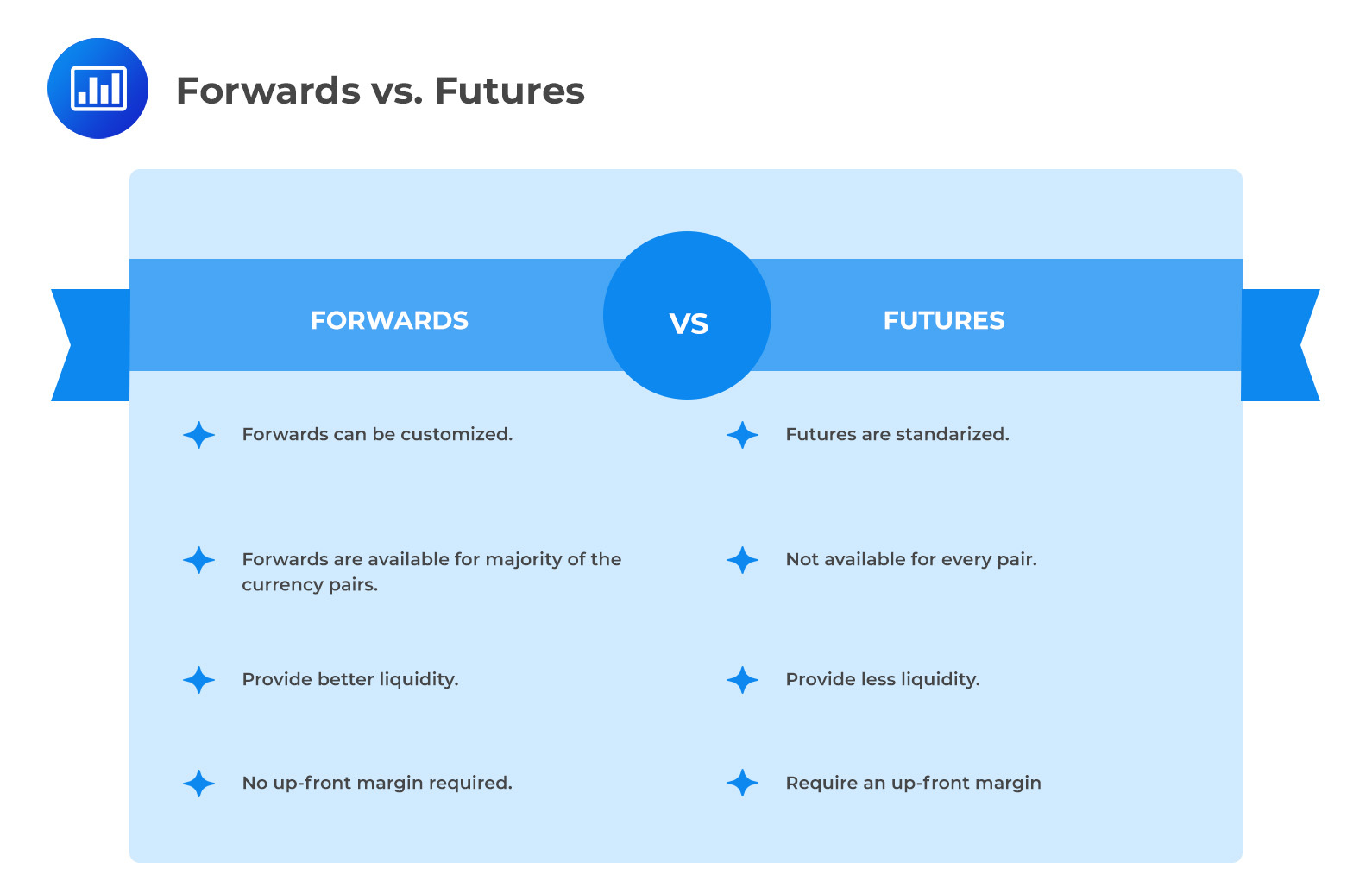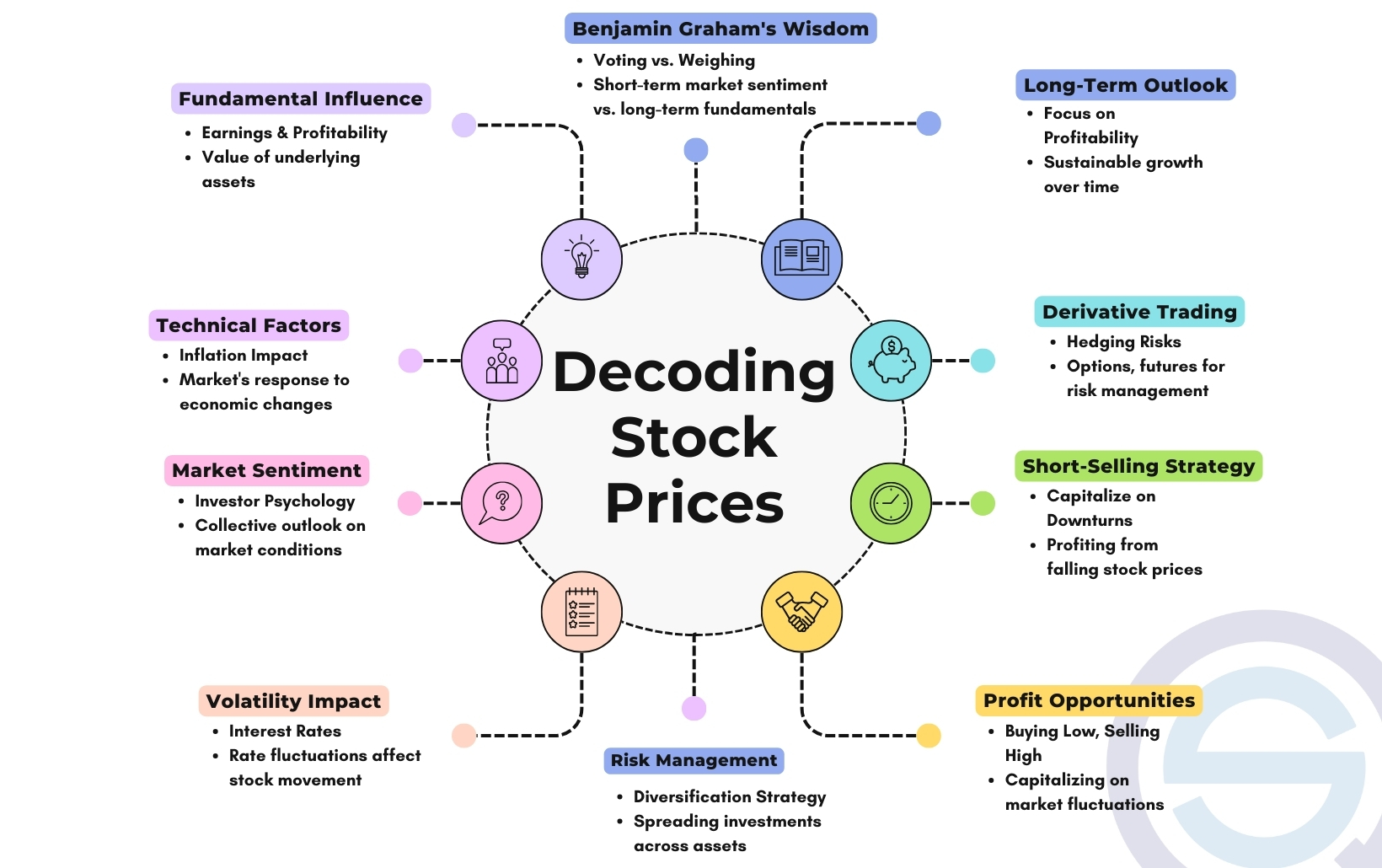Did you know that the futures market is like a time traveler? It allows traders to lock in prices for assets that don’t even exist yet! In this article, we delve into the key differences between futures and other markets, exploring everything from pricing mechanisms to risk management strategies. Discover how futures contracts stand apart from options and stocks, examine leverage and margin requirements in forex versus futures, and understand the unique advantages of trading futures. We’ll also highlight the impact of expiration dates, liquidity variances, and market regulations, ensuring you grasp the vital distinctions essential for smart trading decisions. Join DayTradingBusiness as we navigate the complex world of futures trading and equip you with the insights needed to enhance your trading strategy.
What are the key differences between futures and spot markets?
Futures markets involve contracts to buy or sell an asset at a predetermined price on a future date, while spot markets involve immediate transactions at current market prices. In futures, you can speculate on price movements without owning the asset, whereas in spot markets, you own the asset right away. Futures typically require margin deposits and have expiration dates; spot trades are settled instantly. Additionally, futures can be used for hedging against price fluctuations, while spot markets primarily reflect current supply and demand.
How do futures contracts differ from options contracts?
Futures contracts obligate both parties to buy or sell an asset at a predetermined price on a specific date. Options contracts, however, give the buyer the right, but not the obligation, to buy or sell an asset at a set price before the expiration date. In futures, both parties are committed, while in options, the seller has the obligation if the buyer exercises the option. Additionally, futures typically have daily settlement, while options only settle at expiration.
What are the main features of futures trading compared to stock trading?
Futures trading involves contracts to buy or sell an asset at a predetermined price on a specific date, while stock trading involves buying and selling ownership shares in companies. Key features of futures trading include leverage, allowing traders to control larger positions with less capital; standardized contracts, which specify quantity and quality; and expiration dates, unlike stocks that can be held indefinitely. Futures also allow for short selling without restrictions, providing opportunities in both rising and falling markets. In contrast, stock trading typically involves lower risk and is more straightforward, focusing on individual company performance rather than commodity price fluctuations.
How do leverage and margin requirements vary in futures versus forex markets?
Leverage in futures markets typically ranges from 5:1 to 20:1, depending on the contract and exchange. In forex markets, leverage can be much higher, often up to 100:1 or more. Margin requirements also differ; futures require a specific initial margin set by the exchange, while forex margin is usually based on a percentage of the trade size, varying by broker. Overall, futures tend to have lower leverage but more regulated margin requirements compared to the more flexible but riskier forex market.
What are the advantages of trading futures over other financial instruments?

Trading futures offers several advantages over other financial instruments:
1. Leverage: Futures allow traders to control large positions with a smaller amount of capital, maximizing potential returns.
2. Liquidity: Many futures markets have high trading volumes, providing better liquidity and tighter spreads.
3. Hedging: Futures are effective for hedging against price fluctuations in underlying assets, reducing risk for producers and consumers.
4. Transparency: Futures markets are regulated, providing transparent pricing and reducing the risk of manipulation.
5. Diverse Options: Futures contracts are available for various asset classes, including commodities, currencies, and indices, allowing for broad investment strategies.
6. 24-Hour Trading: Many futures markets operate nearly around the clock, offering flexibility in trading times.
7. Standardization: Futures contracts are standardized, making it easier to understand terms and conditions compared to other instruments.
These advantages make futures a compelling choice for many traders and investors.
How do pricing mechanisms differ between futures and other market types?
Futures pricing mechanisms are based on the contract's underlying asset, factoring in spot price, time until expiration, interest rates, and storage costs. In contrast, other markets, like spot markets, focus on immediate supply and demand without future delivery considerations. Futures also incorporate expectations about future price movements, while options pricing includes volatility and time decay. Overall, futures pricing is forward-looking and influenced by market predictions, unlike other market types that reflect current conditions.
What factors influence futures prices compared to other asset classes?
Futures prices are influenced by several key factors that differ from other asset classes.
1. Supply and Demand: Futures prices react directly to changes in supply and demand for the underlying asset, such as commodities or financial instruments.
2. Storage Costs: For physical assets, storage and transportation costs can impact futures prices, unlike stocks or bonds, which don’t have these considerations.
3. Interest Rates: Changes in interest rates affect the cost of carry for futures, influencing their pricing compared to equities or real estate.
4. Market Sentiment: Speculation and trader sentiment can drive futures prices more dramatically due to their leveraged nature.
5. Seasonality: Certain commodities have seasonal price patterns that can affect futures prices, a factor less relevant in other asset classes.
6. Global Events: Geopolitical events and natural disasters can have an immediate impact on futures markets, often more so than on stocks or bonds.
These factors create a unique pricing dynamic for futures, setting them apart from equities and fixed-income securities.
How does risk management in futures trading differ from equities?
Risk management in futures trading differs from equities primarily due to leverage and contract specifications. In futures, traders use margin, which can amplify both gains and losses, requiring strict margin calls and close monitoring. Equities usually involve direct ownership of shares with lower leverage, leading to more gradual risk exposure.
Another key difference is the inherent volatility in futures markets, influenced by factors like commodities prices or interest rates, which necessitates dynamic risk management strategies. Futures traders often use stop-loss orders and hedging techniques more aggressively than equity traders to mitigate risks.
Additionally, futures contracts have expiration dates, compelling traders to manage time-related risks, while equities can be held indefinitely. Overall, futures trading demands a more proactive and responsive approach to risk management compared to equities.
What are the liquidity differences between futures and other markets?

Futures markets typically offer higher liquidity than spot markets due to standardized contracts and centralized exchanges. This means tighter bid-ask spreads and quicker execution of trades. In contrast, stocks or forex markets may experience lower liquidity, especially in less popular assets, leading to wider spreads and potential delays in order fulfillment. Additionally, futures benefit from institutional participation, enhancing market depth compared to many other markets. Overall, the liquidity in futures is generally more robust, facilitating easier entry and exit for traders.
How do expiration dates affect futures compared to other financial products?
Expiration dates in futures contracts create a unique dynamic compared to other financial products. Futures have specific expiration dates, meaning the contract must be settled by that date, either through physical delivery or cash settlement. This creates time-sensitive trading strategies and influences pricing due to the carrying cost of the underlying asset.
In contrast, many other financial products, like stocks or ETFs, don’t have expiration dates, allowing for longer-term holding without the pressure of a deadline. This flexibility can lead to different trading behaviors and investment strategies. Additionally, the approach to risk management varies; futures traders often use rolling contracts to avoid expiration and maintain positions, while stock investors can hold indefinitely.
In summary, the impact of expiration dates in futures contributes to their distinct trading characteristics, volatility, and risk management compared to stocks and other financial instruments.
In what ways does market regulation differ for futures versus other markets?
Market regulation for futures differs mainly in structure and oversight. Futures markets are typically regulated by specific bodies like the Commodity Futures Trading Commission (CFTC) in the U.S., focusing on preventing fraud and ensuring market integrity. In contrast, stock markets are regulated by the Securities and Exchange Commission (SEC), which emphasizes protecting investors and maintaining fair trading practices.
Futures contracts are standardized and traded on exchanges, whereas other markets may involve more diverse and less standardized instruments. Margin requirements in futures are often more stringent, reflecting the leverage used in trading. Additionally, futures markets have unique reporting requirements for large traders, enhancing transparency.
Overall, while both markets aim to protect participants and ensure fair operation, the regulatory focus and mechanisms differ significantly.
## What Are the Key Differences Between Futures in Day Trading and Other Financial Markets?
Futures in day trading are contracts to buy or sell an asset at a predetermined price at a specified future date. Key differences between futures and other markets include leverage, contract specifications, and expiration dates. Futures require margin trading, allowing traders to control larger positions with less capital compared to stocks. Unlike options, futures obligate traders to buy or sell the underlying asset at expiration, making them more binding. Additionally, futures markets typically have standardized contracts, while other markets may offer more flexibility in terms of trade execution and settlement.
Learn more about: What Are Futures in Day Trading?
Learn about Differences Between Forex and Other Day Trading Markets
What role do futures markets play in hedging compared to other financial strategies?
Futures markets provide a way to lock in prices for commodities or financial instruments, protecting against price fluctuations. Unlike options, which give the right but not the obligation to buy or sell, futures contracts require the buyer to purchase and the seller to sell at the agreed price. This makes futures more straightforward for hedging, as they directly offset potential losses in the underlying asset.
Compared to forward contracts, futures are standardized and traded on exchanges, offering greater liquidity and transparency. This makes it easier to enter and exit positions. Additionally, futures markets typically require margin, which can amplify both gains and losses.
In contrast to other strategies like buying insurance or using swaps, futures are more cost-effective for hedging purposes. They provide a clear and immediate way to manage risk, making them a preferred choice for many businesses and investors looking to stabilize cash flows.
How do tax implications vary for futures trading versus stock market investments?
Futures trading and stock market investments have distinct tax implications.
For futures, profits are typically taxed under Section 1256, which means 60% of gains are taxed at the long-term capital gains rate and 40% at the short-term rate, regardless of how long the position is held.
In contrast, stock market investments are generally taxed based on the holding period: short-term capital gains apply to stocks held for one year or less, taxed at ordinary income rates, while long-term capital gains apply to stocks held for over a year, taxed at lower rates.
Additionally, futures can allow for more complex strategies like offsetting losses against gains within the same tax year, which may not be as flexible in the stock market.
Understanding these differences is crucial for effective tax planning in trading strategies.
What is the impact of market volatility on futures compared to other markets?
Market volatility significantly impacts futures markets due to their leverage and short-term nature. In futures, price swings can lead to rapid gains or losses, affecting margin calls and trading strategies. Unlike stocks, where investors may hold for the long term, futures traders often react quickly to volatility, leading to more pronounced price movements. Additionally, futures markets can be more sensitive to global events, impacting supply and demand forecasts. This contrasts with other markets, where volatility may not cause as immediate or drastic changes in asset prices.
How does market sentiment affect futures prices differently than other assets?

Market sentiment impacts futures prices by amplifying volatility due to leverage. In futures, small changes in sentiment can lead to significant price swings because traders are often using margin. This contrasts with stocks, where sentiment influences prices but typically with less dramatic effect due to lower leverage. Additionally, futures markets react more swiftly to news and economic indicators, as participants are often speculating on future price movements. Overall, sentiment drives futures prices more sharply and quickly compared to equities or bonds.
What are the trading hours for futures compared to other financial markets?
Futures markets typically trade nearly 24 hours a day, five days a week. For example, the Chicago Mercantile Exchange (CME) offers trading from Sunday evening to Friday afternoon, with short breaks. In contrast, stock markets like the NYSE and NASDAQ operate from 9:30 AM to 4 PM ET on weekdays, with limited pre-market and after-hours sessions. This extended trading in futures allows for more flexibility and responsiveness to global events compared to the set hours of stock markets.
Conclusion about Key Differences Between Futures and Other Markets
In summary, understanding the key differences between futures and other markets is essential for traders seeking to optimize their strategies. Futures offer unique advantages such as leverage, liquidity, and specific pricing mechanisms that set them apart from spot, options, and stock markets. Awareness of these distinctions, along with factors like risk management and market regulation, can significantly enhance your trading decisions. For more detailed insights and guidance, rely on DayTradingBusiness to navigate the complexities of futures trading effectively.
Learn about Differences Between Forex and Other Day Trading Markets